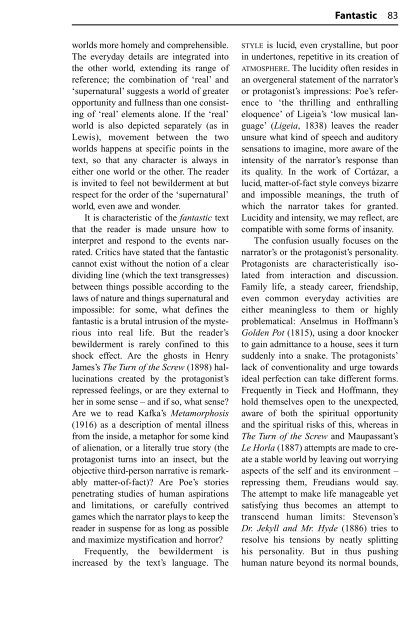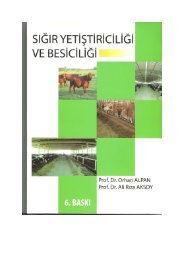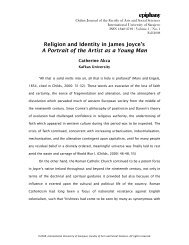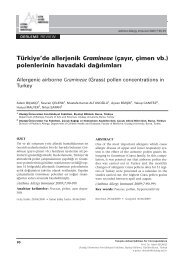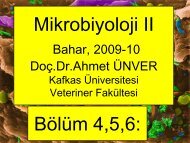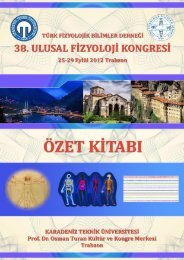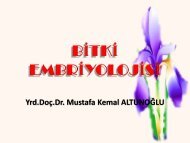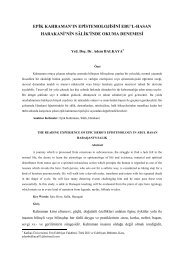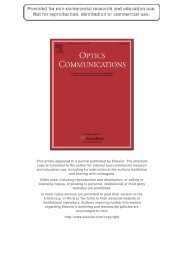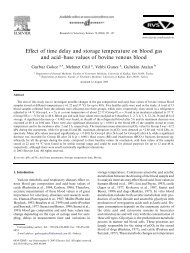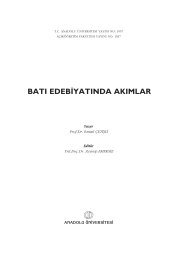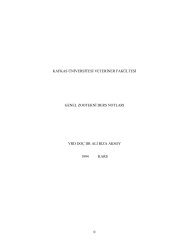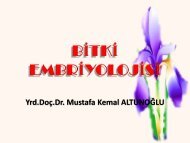The Routledge Dictionary of Literary Terms
The Routledge Dictionary of Literary Terms
The Routledge Dictionary of Literary Terms
You also want an ePaper? Increase the reach of your titles
YUMPU automatically turns print PDFs into web optimized ePapers that Google loves.
worlds more homely and comprehensible.<br />
<strong>The</strong> everyday details are integrated into<br />
the other world, extending its range <strong>of</strong><br />
reference; the combination <strong>of</strong> ‘real’ and<br />
‘supernatural’ suggests a world <strong>of</strong> greater<br />
opportunity and fullness than one consisting<br />
<strong>of</strong> ‘real’ elements alone. If the ‘real’<br />
world is also depicted separately (as in<br />
Lewis), movement between the two<br />
worlds happens at specific points in the<br />
text, so that any character is always in<br />
either one world or the other. <strong>The</strong> reader<br />
is invited to feel not bewilderment at but<br />
respect for the order <strong>of</strong> the ‘supernatural’<br />
world, even awe and wonder.<br />
It is characteristic <strong>of</strong> the fantastic text<br />
that the reader is made unsure how to<br />
interpret and respond to the events narrated.<br />
Critics have stated that the fantastic<br />
cannot exist without the notion <strong>of</strong> a clear<br />
dividing line (which the text transgresses)<br />
between things possible according to the<br />
laws <strong>of</strong> nature and things supernatural and<br />
impossible: for some, what defines the<br />
fantastic is a brutal intrusion <strong>of</strong> the mysterious<br />
into real life. But the reader’s<br />
bewilderment is rarely confined to this<br />
shock effect. Are the ghosts in Henry<br />
James’s <strong>The</strong> Turn <strong>of</strong> the Screw (1898) hallucinations<br />
created by the protagonist’s<br />
repressed feelings, or are they external to<br />
her in some sense – and if so, what sense?<br />
Are we to read Kafka’s Metamorphosis<br />
(1916) as a description <strong>of</strong> mental illness<br />
from the inside, a metaphor for some kind<br />
<strong>of</strong> alienation, or a literally true story (the<br />
protagonist turns into an insect, but the<br />
objective third-person narrative is remarkably<br />
matter-<strong>of</strong>-fact)? Are Poe’s stories<br />
penetrating studies <strong>of</strong> human aspirations<br />
and limitations, or carefully contrived<br />
games which the narrator plays to keep the<br />
reader in suspense for as long as possible<br />
and maximize mystification and horror?<br />
Frequently, the bewilderment is<br />
increased by the text’s language. <strong>The</strong><br />
Fantastic 83<br />
STYLE is lucid, even crystalline, but poor<br />
in undertones, repetitive in its creation <strong>of</strong><br />
ATMOSPHERE. <strong>The</strong> lucidity <strong>of</strong>ten resides in<br />
an overgeneral statement <strong>of</strong> the narrator’s<br />
or protagonist’s impressions: Poe’s reference<br />
to ‘the thrilling and enthralling<br />
eloquence’ <strong>of</strong> Ligeia’s ‘low musical language’<br />
(Ligeia, 1838) leaves the reader<br />
unsure what kind <strong>of</strong> speech and auditory<br />
sensations to imagine, more aware <strong>of</strong> the<br />
intensity <strong>of</strong> the narrator’s response than<br />
its quality. In the work <strong>of</strong> Cortázar, a<br />
lucid, matter-<strong>of</strong>-fact style conveys bizarre<br />
and impossible meanings, the truth <strong>of</strong><br />
which the narrator takes for granted.<br />
Lucidity and intensity, we may reflect, are<br />
compatible with some forms <strong>of</strong> insanity.<br />
<strong>The</strong> confusion usually focuses on the<br />
narrator’s or the protagonist’s personality.<br />
Protagonists are characteristically isolated<br />
from interaction and discussion.<br />
Family life, a steady career, friendship,<br />
even common everyday activities are<br />
either meaningless to them or highly<br />
problematical: Anselmus in H<strong>of</strong>fmann’s<br />
Golden Pot (1815), using a door knocker<br />
to gain admittance to a house, sees it turn<br />
suddenly into a snake. <strong>The</strong> protagonists’<br />
lack <strong>of</strong> conventionality and urge towards<br />
ideal perfection can take different forms.<br />
Frequently in Tieck and H<strong>of</strong>fmann, they<br />
hold themselves open to the unexpected,<br />
aware <strong>of</strong> both the spiritual opportunity<br />
and the spiritual risks <strong>of</strong> this, whereas in<br />
<strong>The</strong> Turn <strong>of</strong> the Screw and Maupassant’s<br />
Le Horla (1887) attempts are made to create<br />
a stable world by leaving out worrying<br />
aspects <strong>of</strong> the self and its environment –<br />
repressing them, Freudians would say.<br />
<strong>The</strong> attempt to make life manageable yet<br />
satisfying thus becomes an attempt to<br />
transcend human limits: Stevenson’s<br />
Dr. Jekyll and Mr. Hyde (1886) tries to<br />
resolve his tensions by neatly splitting<br />
his personality. But in thus pushing<br />
human nature beyond its normal bounds,


